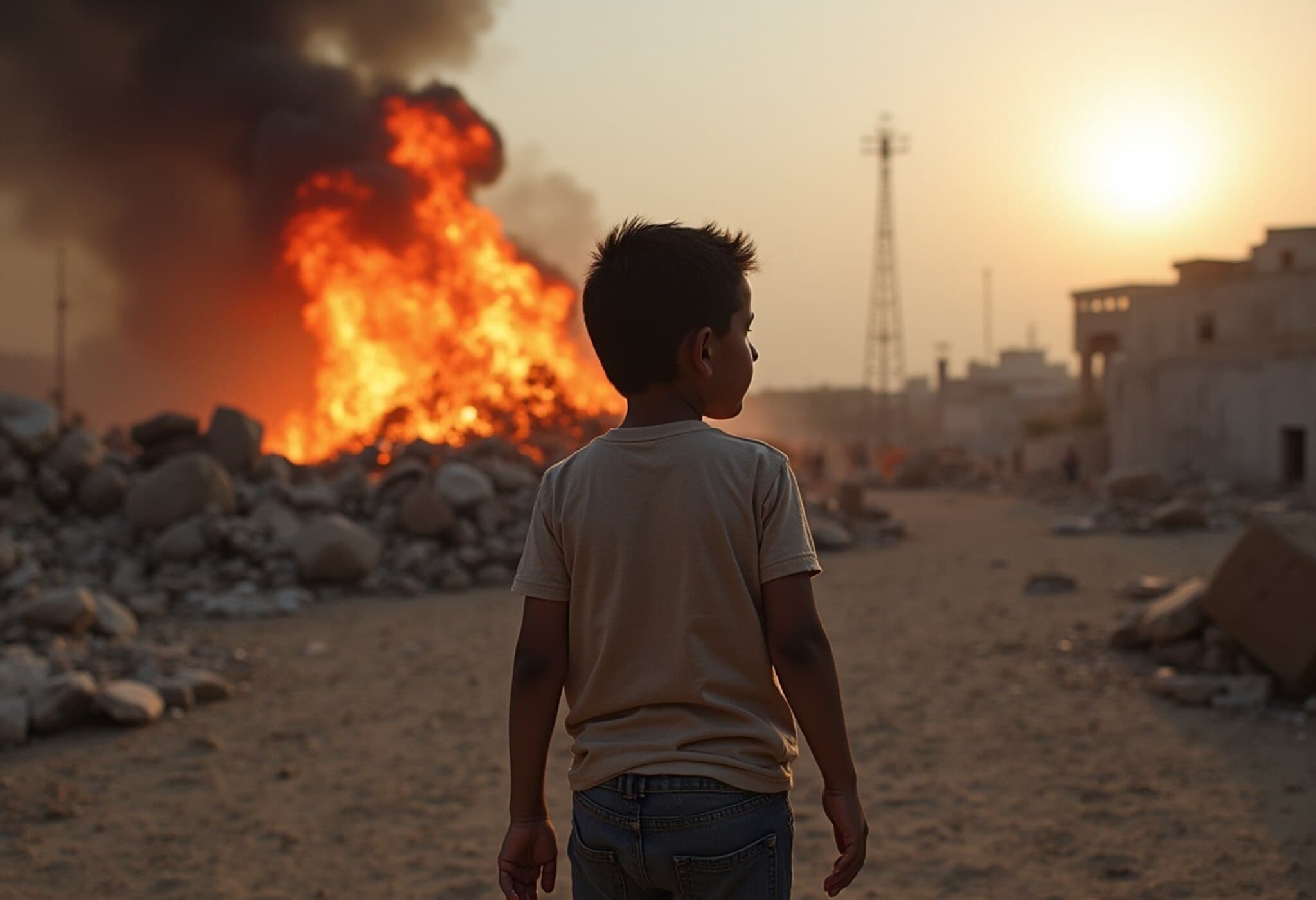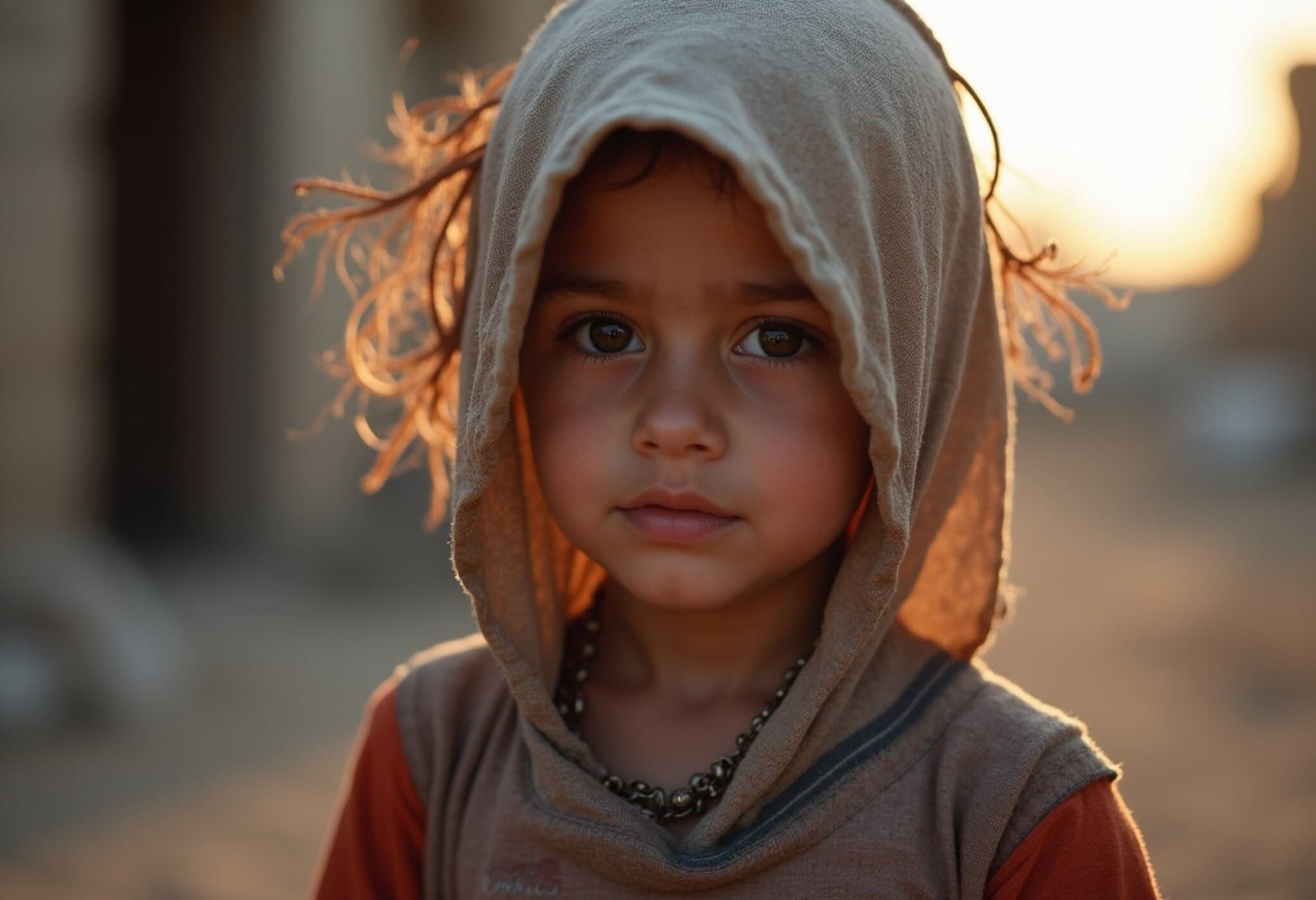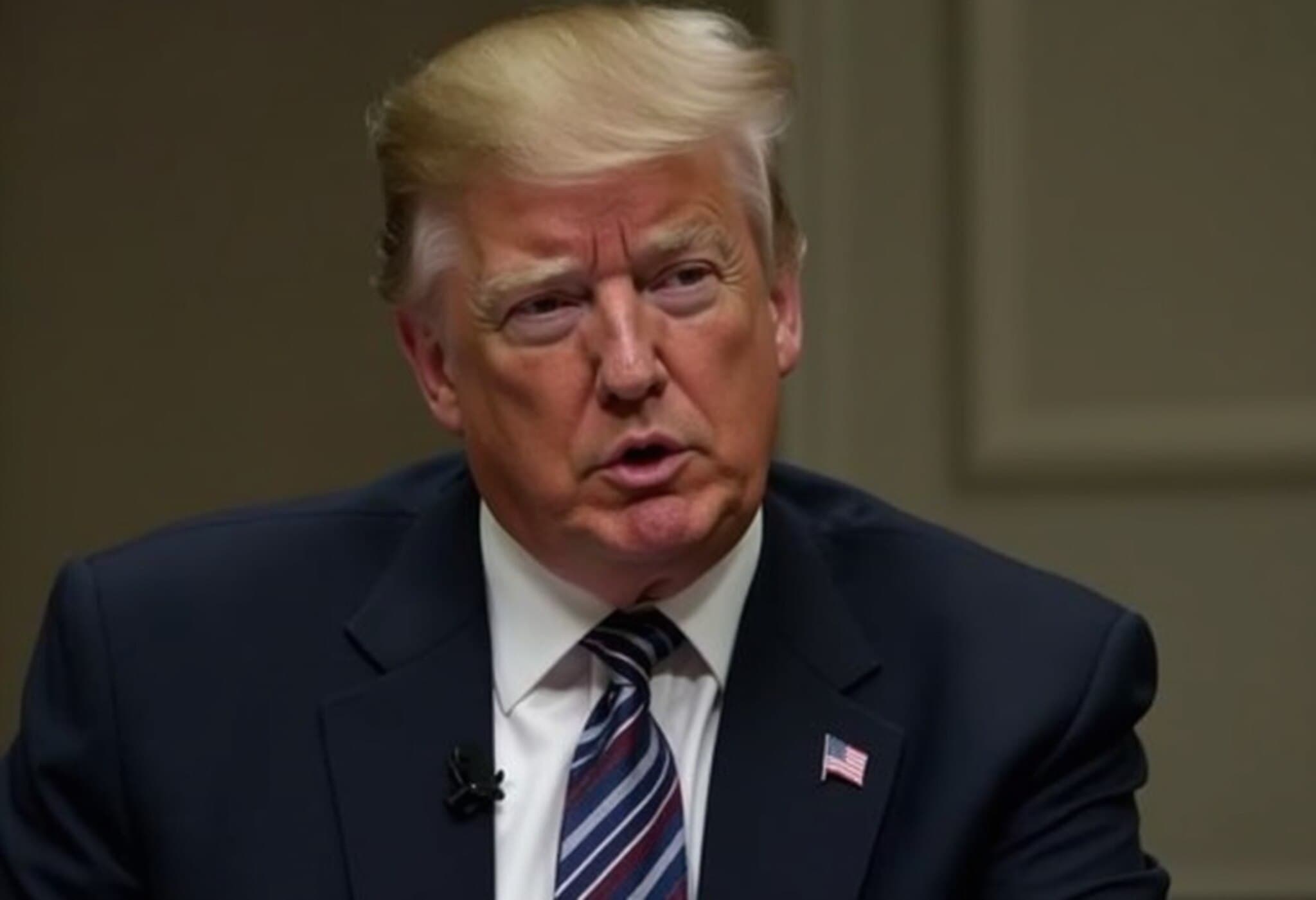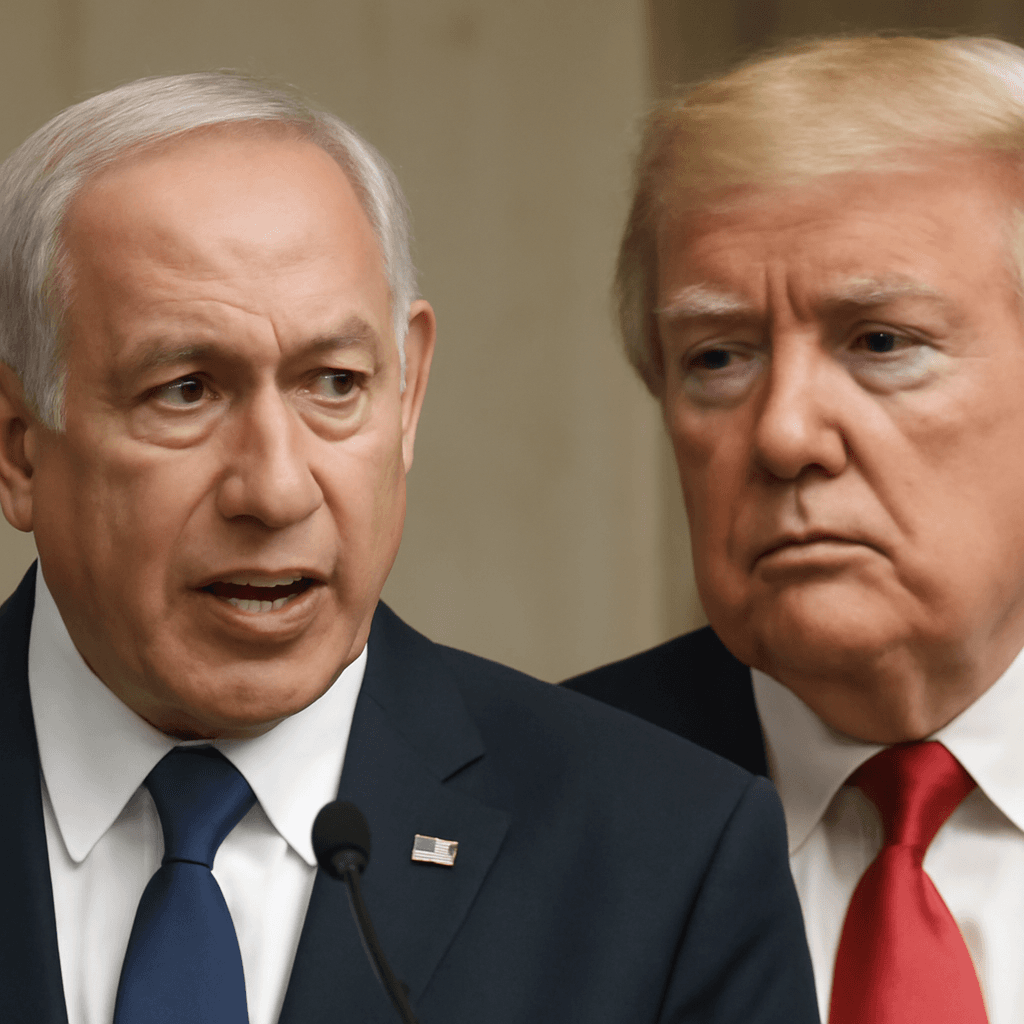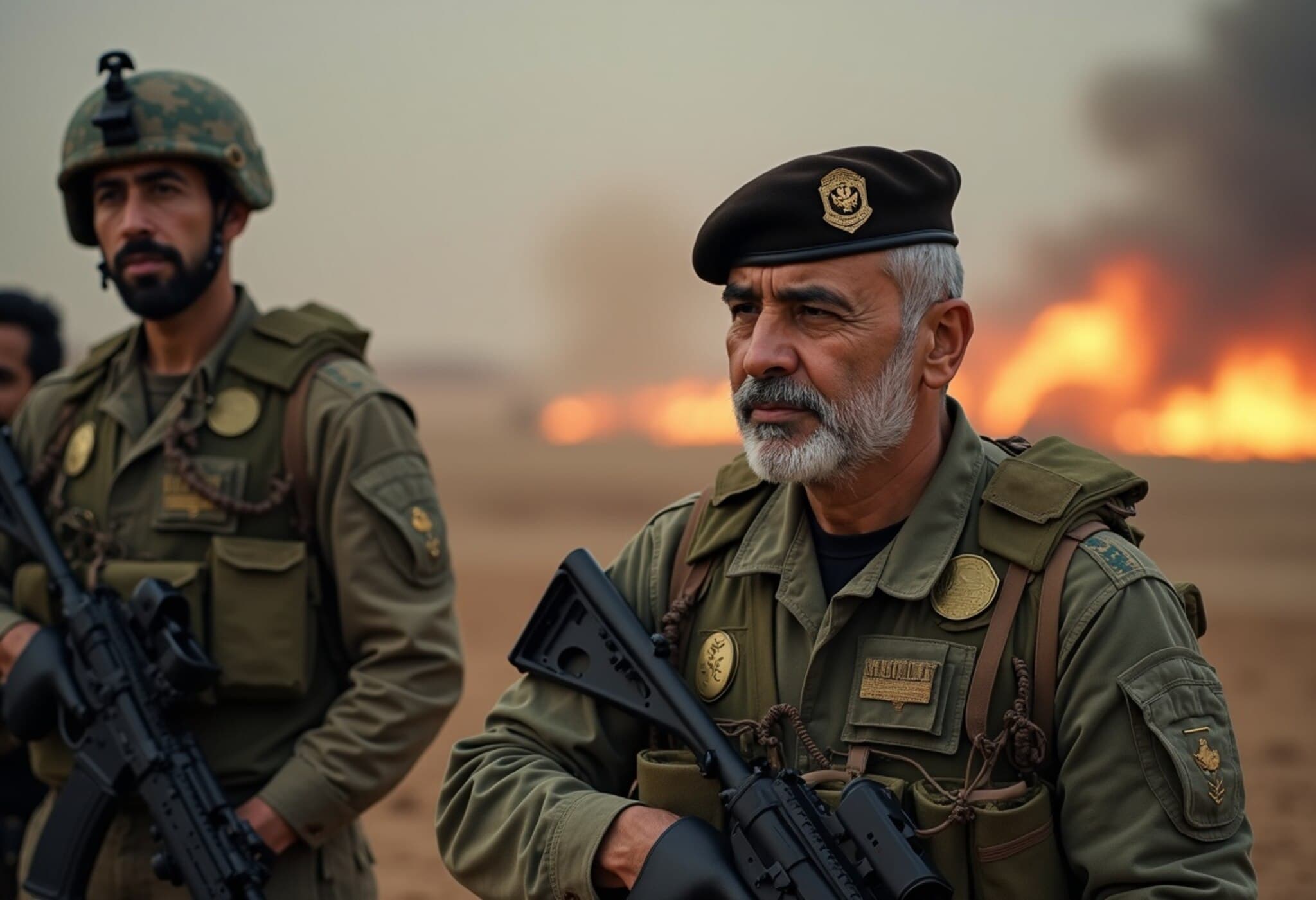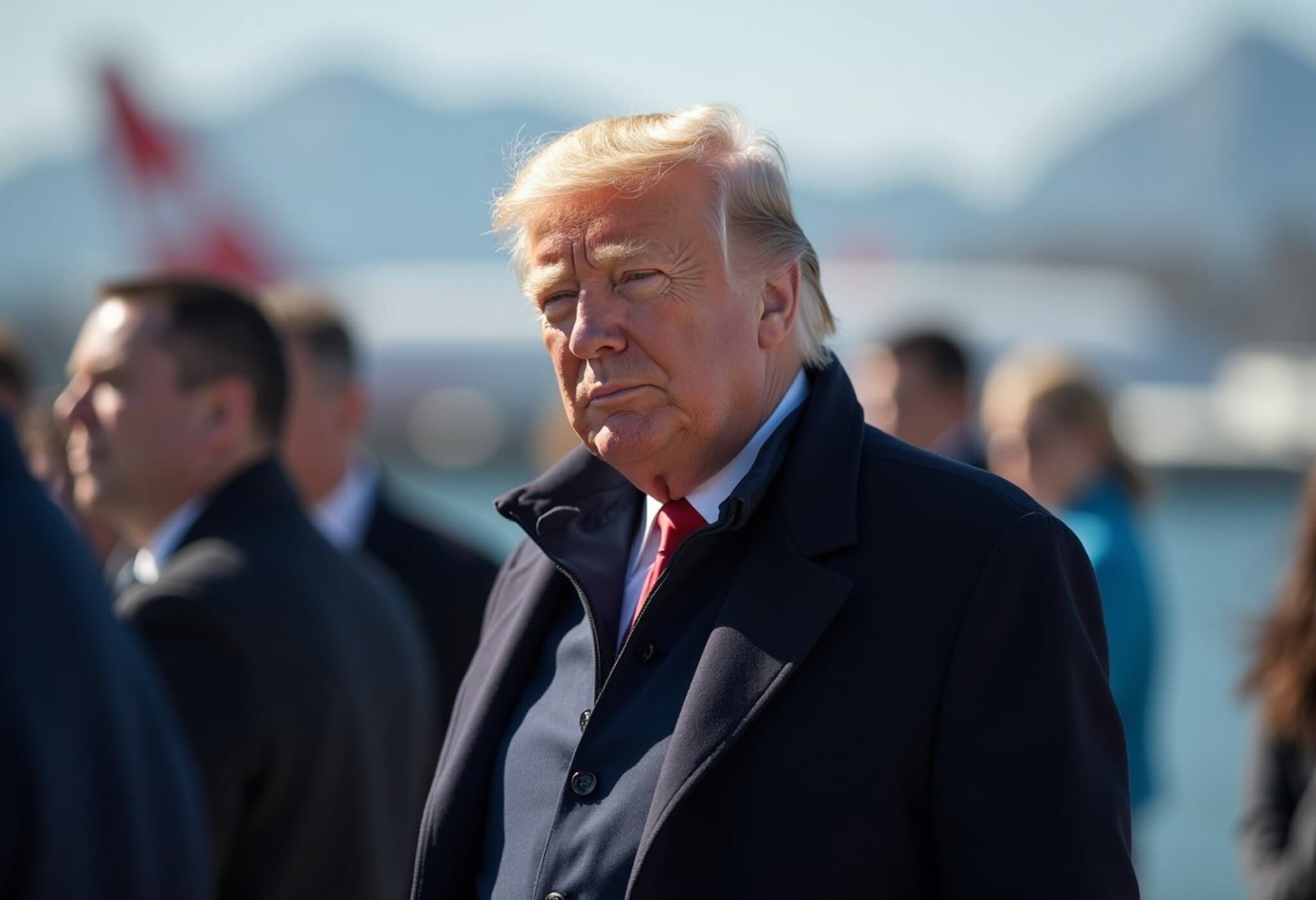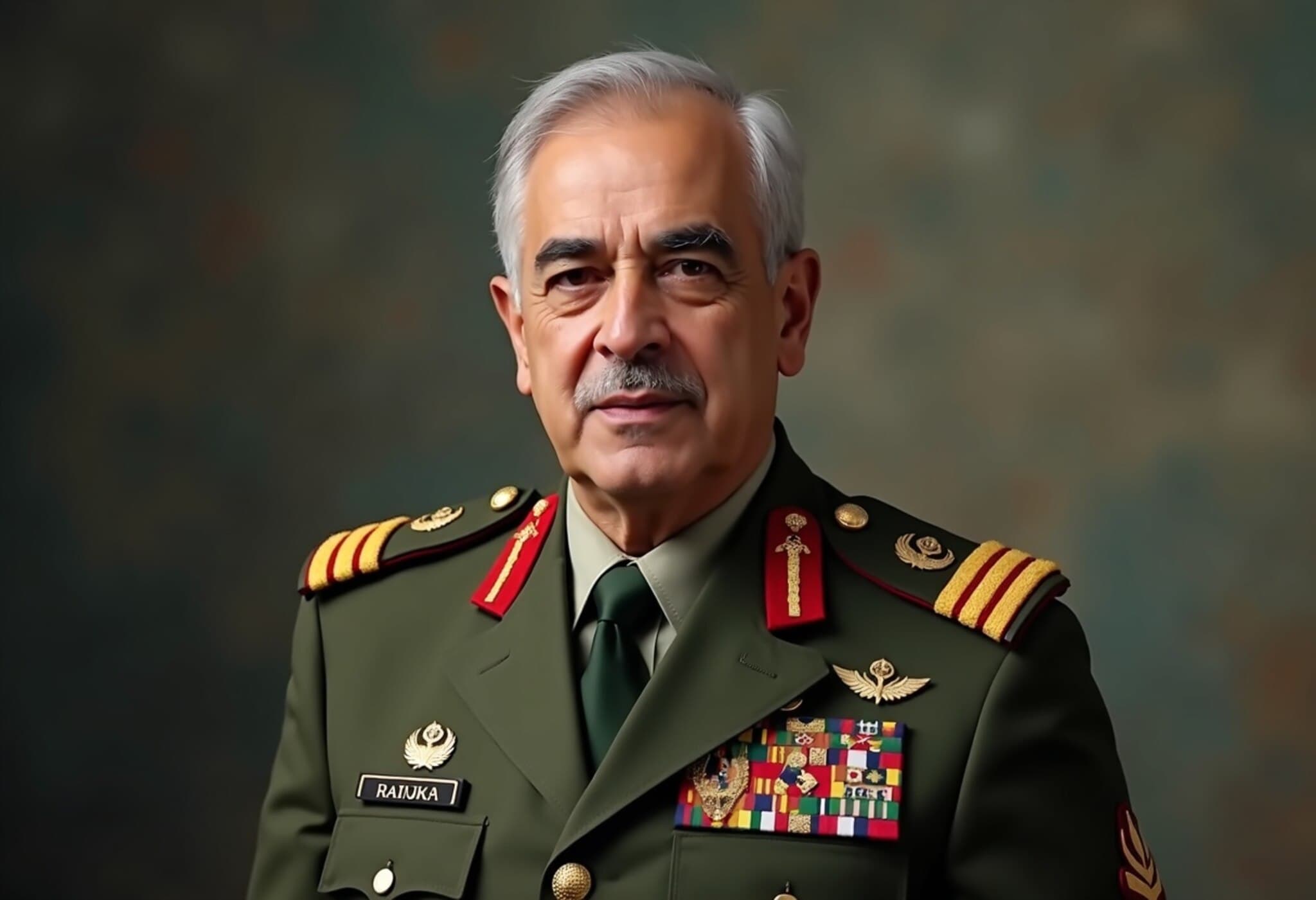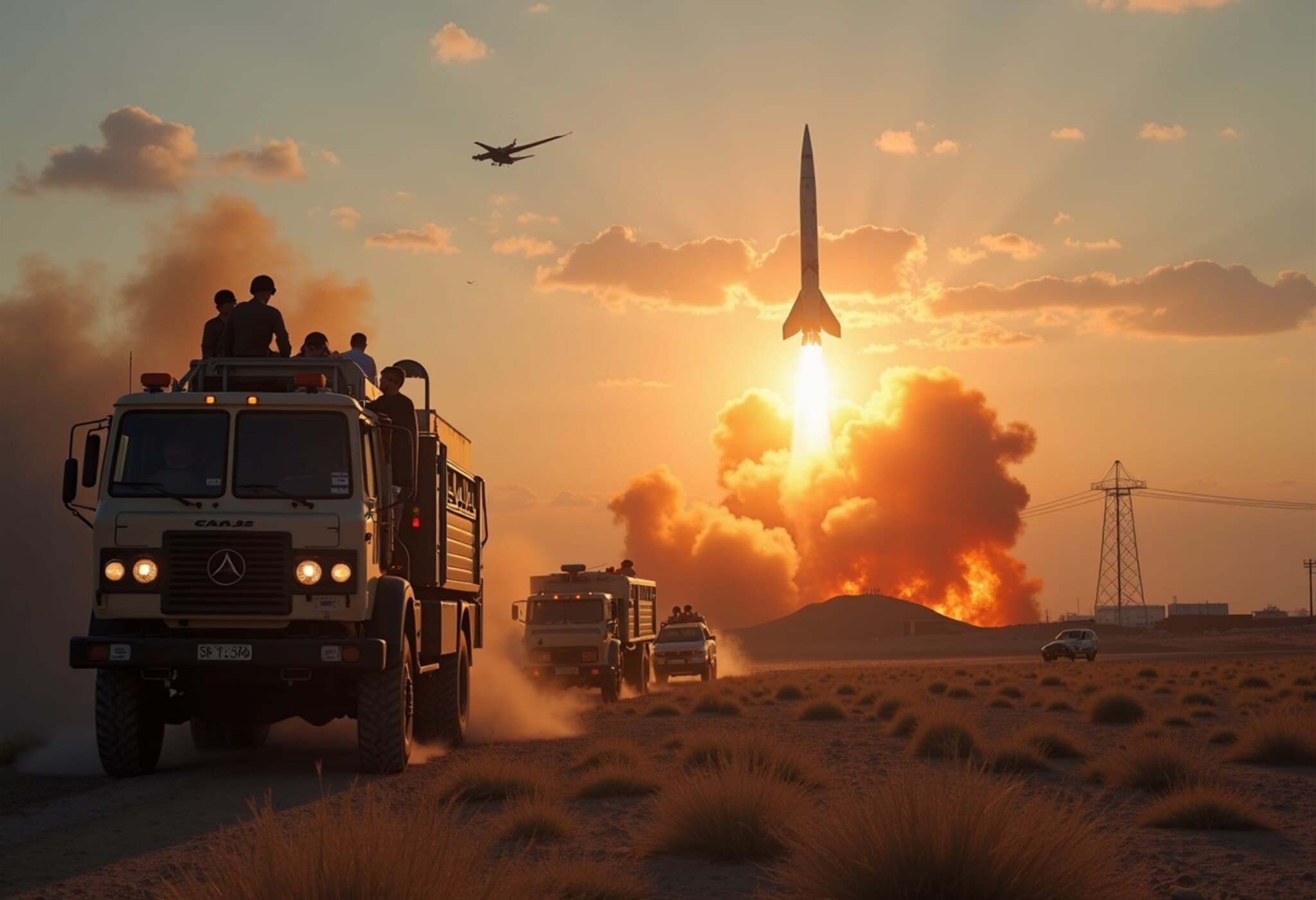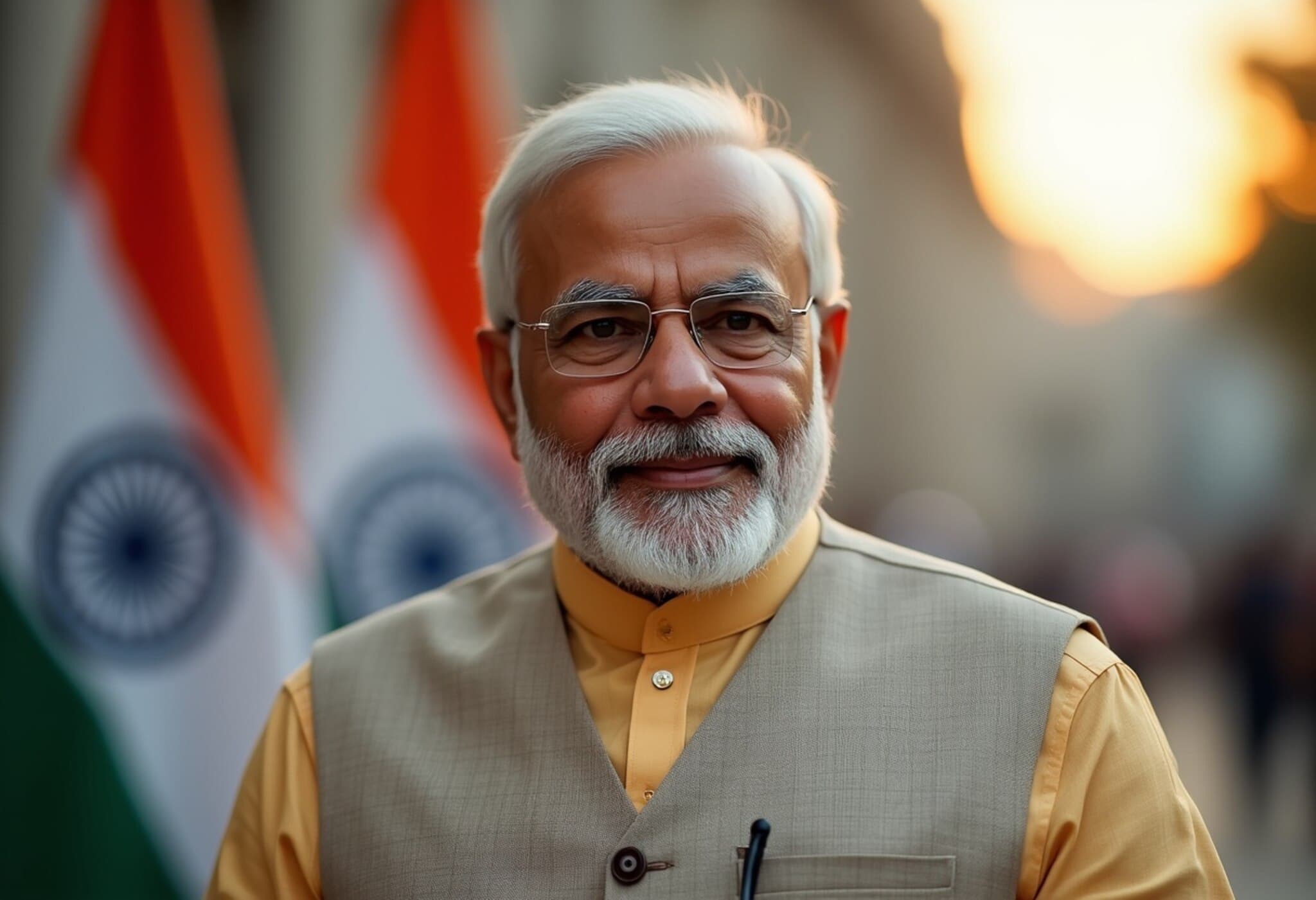Gaza Faces Deepening Hunger Crisis as Malnutrition Death Toll Hits 122
The humanitarian situation in Gaza has deteriorated sharply, with the number of starvation-related deaths climbing to 122 since the outbreak of the ongoing conflict. According to Gaza’s Hamas-run health ministry, nine more lives were lost on Friday due to severe malnutrition, underscoring the severity of the crisis gripping the densely populated enclave.
Alarming UN Warnings on Starvation and Aid Shortages
The United Nations World Food Programme (WFP) has painted a grim picture of the unfolding catastrophe, reporting that roughly one-third of Gaza’s population is enduring days of starvation. The WFP emphasized that nearly 90,000 women and children urgently require treatment for malnutrition, signaling a desperate need for immediate humanitarian assistance.
Displaced families, like Samah Matar and her son Youssef, who suffers from cerebral palsy, have been forced to seek refuge in overcrowded shelters while battling hunger and illness. Their plight is a stark testament to the human toll of the blockade and ongoing conflict.
International Calls to End Restrictions on Aid Flow
World powers including France and the United Kingdom have issued a joint appeal urging Israel to "immediately lift restrictions on the flow of humanitarian aid to Gaza." The statement condemned the withholding of essential aid as "unacceptable," emphasizing the obligation to protect civilians amid conflict.
United Nations Secretary-General Antonio Guterres spoke out strongly, expressing bafflement at the global community’s inaction. "I cannot explain the level of indifference and inaction we see by too many in the international community—the lack of compassion, the lack of truth, the lack of humanity," Guterres lamented, highlighting the moral crisis compounded by the physical one on the ground.
US Political Dynamics: Shift Toward Escalation Over Diplomacy
Against the backdrop of stall in ceasefire negotiations, former US President Donald Trump has called for Israel to intensify military operations against Hamas. His comments mark a stark shift from prior diplomatic overtures, underscoring the complex and often polarized American political stance on the conflict.
During a private visit to Scotland, Trump urged Israel to “finish the job,” describing Hamas fighters as determined to die and advocating for a decisive military resolution. This rhetoric contrasts sharply with ongoing international calls for restraint and dialogue, adding another layer of complexity to already fraught peace efforts.
Ceasefire Talks at a Standstill
Indirect negotiations aimed at securing a ceasefire between Israel and Hamas have hit an impasse after more than two weeks. Tensions escalated following the US withdrawal from the talks, as the envoy Steve Witkoff stepped away, accusing Hamas of obstructing progress.
In response, a senior Hamas official, Bassem Naim, accused the US envoy of misrepresenting realities to favor Israel’s position, casting doubt over the sincerity and effectiveness of international mediation efforts.
Looking Ahead: A Humanitarian and Political Crossroads
The world now faces critical questions: How can the international community break the deadlock to avert further famine and loss of life? What role should external powers play in balancing humanitarian imperatives with geopolitical realities? And how might renewed dialogue be fostered to protect Gaza’s vulnerable civilians?
As Gaza teeters on the brink of a full-scale humanitarian disaster, these urgent queries demand thoughtful, coordinated, and compassionate responses—beyond political posturing.
The famine gripping Gaza underscores a broader failure to prioritize human dignity amidst conflict. The steady rise in malnutrition-related deaths and stalled ceasefire talks beckon renewed global engagement—balancing security concerns with unwavering commitment to humanitarian access. This crisis is not just a statistic; it embodies families like Samah’s, and thousands more, caught between war and survival. Our collective response will reflect fundamental values about human rights and the power of diplomacy in an interconnected world.

